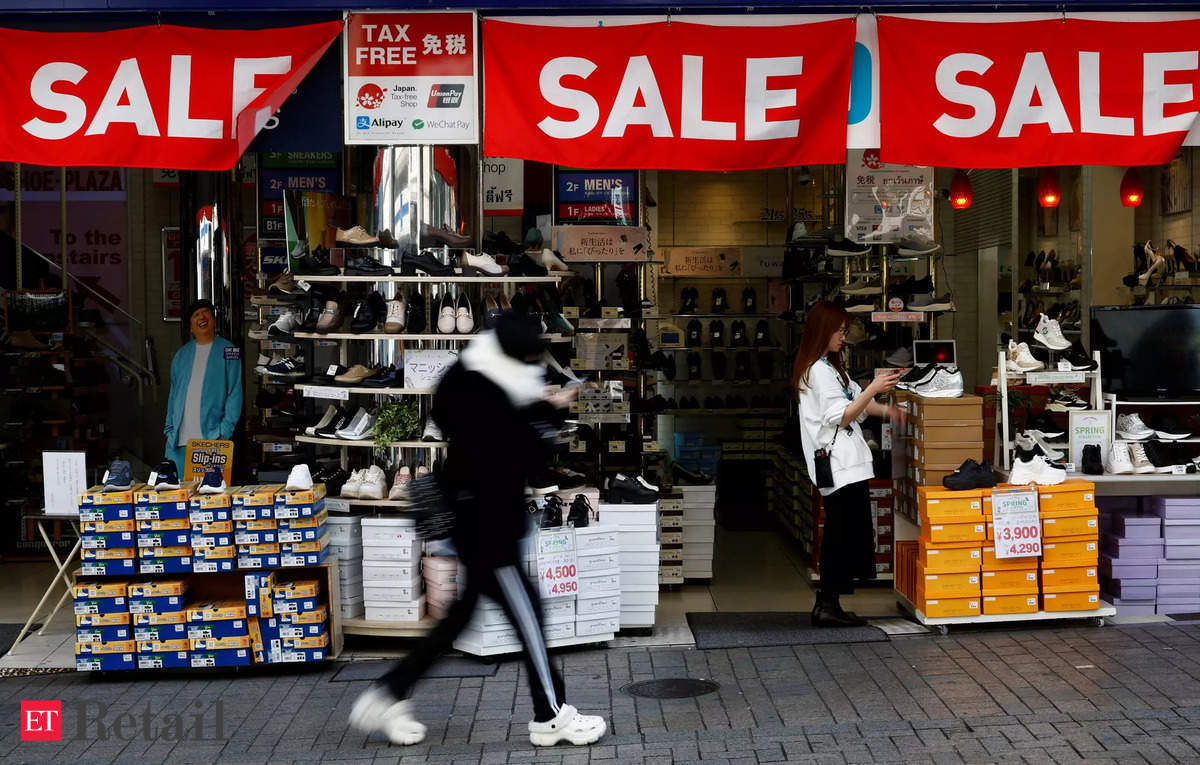


LONDON: Prices in British shops rose at the slowest pace in nearly two years this month, the British Retail Consortium (BRC) said on Tuesday, adding to signs of easing inflation pressures that will be welcomed by the Bank of England (BoE).
Shop price inflation slowed to 2.5% in February from January’s 2.9%, the smallest annual increase since March 2022, the BRC said.
The drop was driven by weaker growth in food prices which rose by 5.0% from a year earlier, down from January’s 6.1% increase. Non-food prices rose by 1.3%, the same as in January.
BRC Chief Executive Helen Dickinson said a 0.1% month-on-month fall in food prices was driven by easing input costs for energy and fertiliser and by retailers competing fiercely to keep prices down.
“Easing supply chain pressures have begun to feed through to food prices, but significant uncertainties remain as geopolitical tensions rise,” Dickinson said.
Attacks on vessels by Iranian-backed Houthi rebels in the Red Sea have disrupted shipping in the Suez Canal, the fastest sea route between Asia and Europe, raising worries about a potential new source of inflation.
The BRC’s measure of prices of clothing fell again as many retailers kept promotions in place.
Separate figures published by the Confederation of British Industry on Monday showed retailers’ selling price inflation eased to its weakest since May 2021.
The BoE held interest rates at their highest since 2008 earlier this month. But with inflation forecast to fall to its 2% target soon it put them under review for a possible first cut since the COVID-19 pandemic that investors expect in August.
The BRC data was based on prices collected between Feb. 1 and Feb. 7.